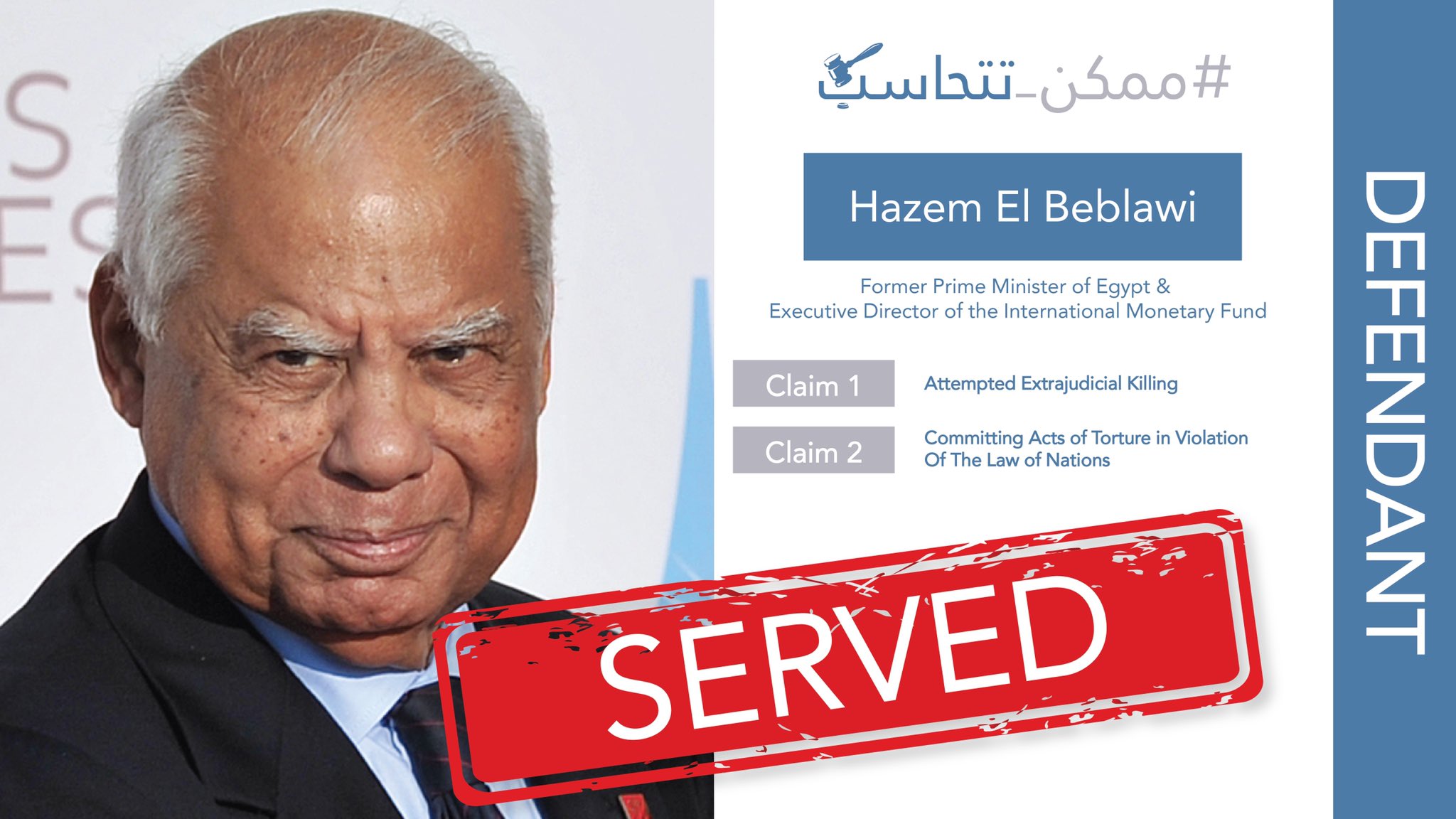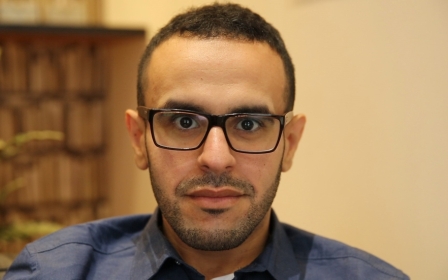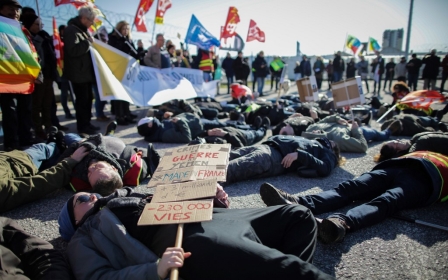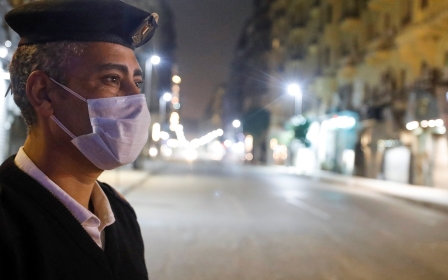Egypt raids homes of activist’s family after torture lawsuit against ex-PM
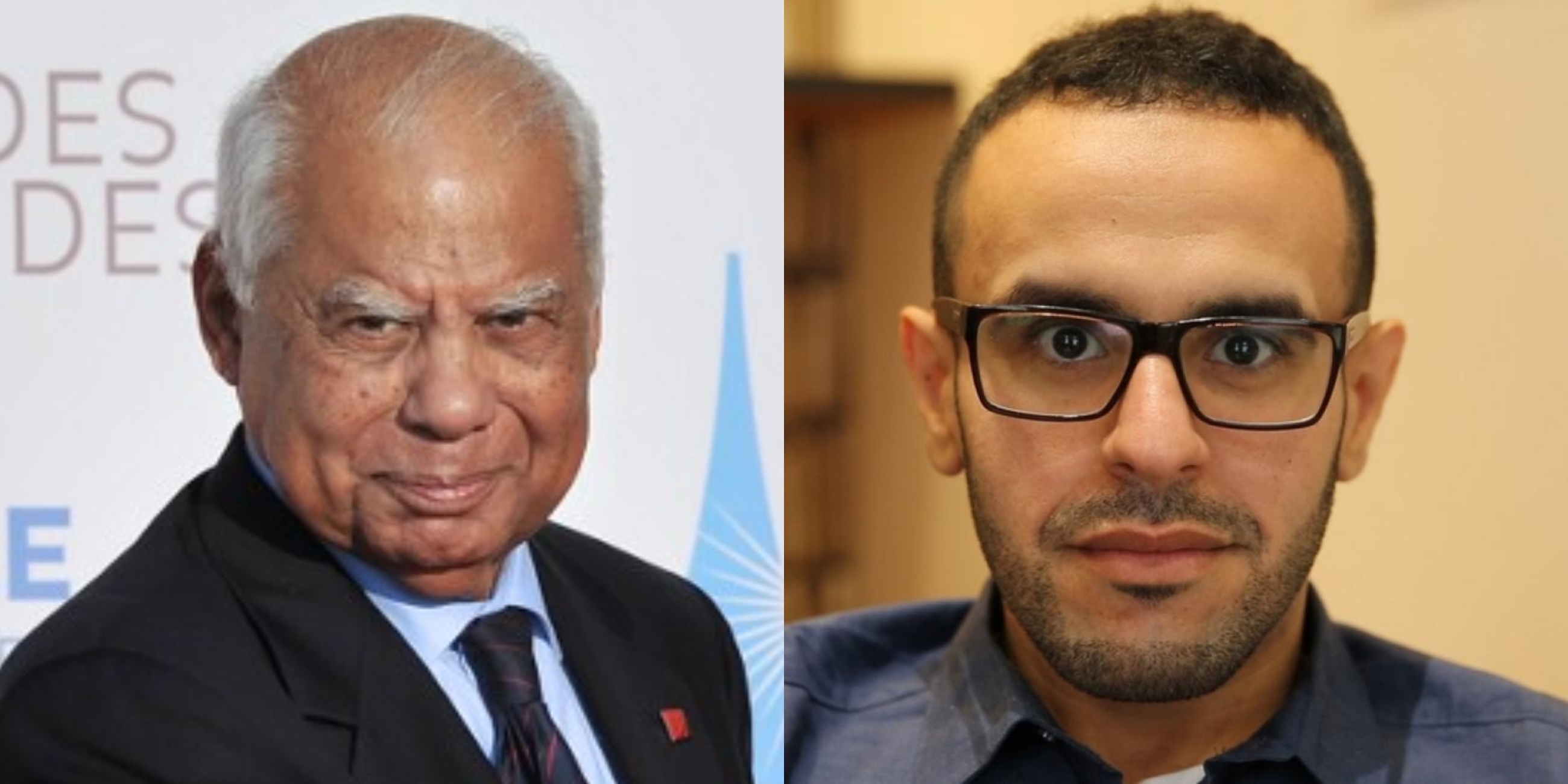
Egyptian security forces on Wednesday raided the homes of two uncles of human rights defender Mohamed Soltan, who recently filed a lawsuit against a former prime minister accusing him of overseeing his torture in 2013.
According to Human Rights Watch, a member of Soltan’s family said police searched the houses of his uncles in the Nile Delta governorate of Menoufeya, but did not arrest any of them.
“The security raids at the homes of [Soltan’s] relatives in Egypt follows a clear pattern of targeting relatives of dissidents abroad,” said Joe Stork, HRW's Middle East and North Africa deputy director, as quoted by the Associated Press.
Washington-based Soltan, who spent 643 days in prison in Egypt, accused former prime minister Hazem Abdel Aziz El Beblawi on 1 June of direct responsibility for his treatment under the US 1991 Torture Victim Protection Act.
The ex-prime minister, who was trained as an economist at Paris' Sorbonne, currently lives in Mclean, Virginia and sits on the executive board of the International Monetary Fund in Washington, DC.
In a 46-page complaint, Soltan asserted that he had been shot, beaten and tortured by Cairo's military regime.
The lawsuit also named Egyptian President Abdel Fattah el-Sisi and Egypt's intelligence chief Abbas Kamel as "unsued defendants", along with three other ministers in Sisi's government.
Soltan’s lawyer Eric Lewis told Middle East Eye after the lawsuit was filed that his client believed that Beblawi oversaw Soltan's “systematic, intentional and malicious” mistreatment.
"We are confident that when the facts of Beblawi's gruesome crimes are revealed before a judge and jury, Mohamed Soltan will finally receive justice," he said.
Soltan recently tweeted that Beblawi was served at his Virginia home a copy of the summons and complaint that he filed against him on 1 June, pursuant to the Torture Victim Protection Act in US District court of Washington DC.
While civil lawsuits cannot usually reach foreign governments and leaders, under a 1991 US law, victims of torture are able to sue for compensation from their tormenters under special circumstances.
Under the Torture Victim Protection Act, it states that victims can seek damages under two circumstances: the defendants are in the United States and they are no longer a head of state.
Beblawi, the main defendant in the case, fits under both of those conditions.
Soltan, an Ohio State University economics graduate, mediated between foreign media and protest leaders at Cairo's Rabaa al-Adawiya square in July 2013.
Thousands of Egyptians had camped in the square to demand the reinstatement of former President Mohamed Morsi, who was deposed in a Sisi-led military coup that month.
Soltan was arrested shortly after the protests were violently stamped out in a massacre, and spent nearly two years in prison, 490 days of which he was on hunger strike. He told MEE in a previous interview that he lost a third of his body weight and nearly died 10 times.
His hunger strike gained worldwide attention, adding pressure on the US government to ultimately secure his release.
The Sisi government has repeatedly been accused of targeting families of exiled dissidents in reprisal for their outspoken criticism of human rights violations in the country.
Middle East Eye delivers independent and unrivalled coverage and analysis of the Middle East, North Africa and beyond. To learn more about republishing this content and the associated fees, please fill out this form. More about MEE can be found here.



